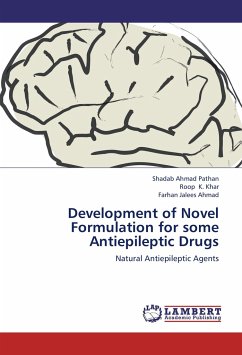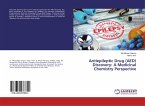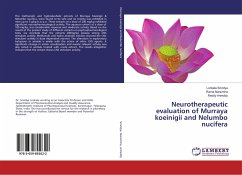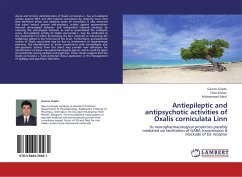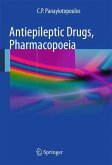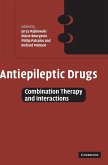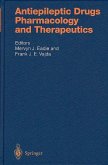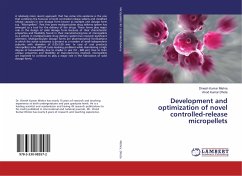Epilepsy is a chronic neurological disorder that affects people of all ages. Around 50 million people worldwide have epilepsy. Notwithstanding limitations with the existing antiepileptic drugs, new drug therapies with efficacy against drug-resistant seizures, favourable adverse events profiles, especially in regard to neurological and psychiatric effects, and, if possible, low costs to patients and high worldwide availability are clearly needed. Herbal therapy is one of the potential options for treating seizure disorder mentioned in ancient texts of Ayurveda, Unani system of medicine. This thesis aimed to verify and evaluate reported beneficiary effect & clinical ethnopractice of herbal resourced thymoquinone (from Nigella sativa) and safranal (Crocus sativus) in epilepsy treatment followed by reengineering of their traditional way of clinical use by applying nanotechnology (nanometric formulation) for preparing nanosized novel formulation for administering through nasal route to get superior delivery system for seizure control with low and defined dose in animal models of epilepsy.
Bitte wählen Sie Ihr Anliegen aus.
Rechnungen
Retourenschein anfordern
Bestellstatus
Storno

